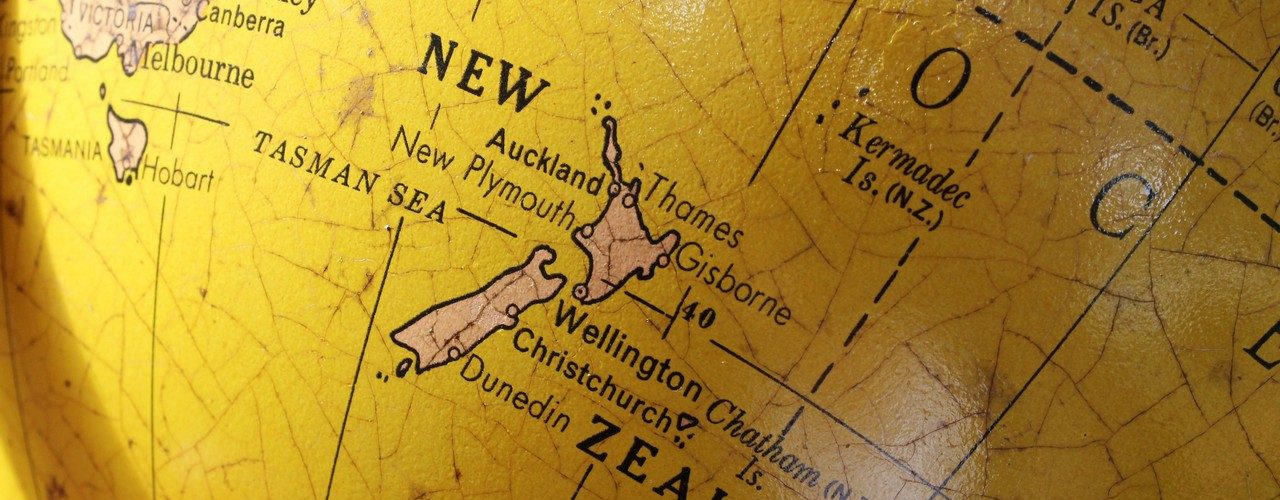12 September 2022
Keeping GST records is getting easier.
New laws introduced by the Government, which took effect on 30 March 2022, have modernised the GST rules for invoicing and record keeping.
Requirements for expense claims and buyer-created tax invoices have been simplified. Two or more registered persons can now form supplier groups. All the changes are explained below.Changes to requirements for expense claims
Previously, you needed to keep a tax invoice to claim GST on any supplies costing more than $50 (including GST) you bought for your taxable activity.
You must still keep records to support your expense claims, including a tax invoice if you receive one.
However, if you do not receive a tax invoice, you can keep other records that are sufficient on their own, or in combination to support your expense claims. For example: invoices, supplier agreements, contracts and bank statements.
Sellers still need to produce tax invoices
When you sell goods and services, you must continue to produce tax invoices for sales costing more than $50 (including GST) until 31 March 2023.
Copies of tax invoices no longer need to be marked as ‘copy only’.
Changes to buyer-created tax invoices
Previously, if you wanted to issue buyer-created tax invoices, you needed to get Inland Revenue’s approval beforehand.
Now, approval is no longer required. Instead, any GST registered buyer purchasing from a GST registered seller can enter into an agreement to use buyer-created tax invoices. Both parties must:
agree the seller will not issue tax invoices for taxable supplies included in the agreement
agree the buyer will issue a tax invoice for each taxable supply by the seller to the buyer
record the reasons for entering the agreement for buyer-created tax invoices (if the agreement is not part of the normal terms of business between the buyer and seller).
If you’re using approved buyer-created tax invoices you can continue to use them.
If you currently issue buyer-created tax invoices, you no longer need to include the wording ‘buyer created tax invoice – IRD approved’ on your invoices. However, you can continue to do so.
Buyer-created tax invoices
Supplier groups, GST groups and shared tax invoices
The new rules allow 2 or more registered persons to form supplier groups so they can issue ‘shared tax invoices’ for GST purposes.
Supplier groups are not the same as GST groups.
Members of supplier groups enter into an agreement stating 1 member of the group will issue tax invoices, credit notes and debit notes on behalf of the other members.
The member responsible for issuing tax invoices, credit notes and debit notes is called the issuing member.
Shared tax invoices
Requirements for supplier groups
A supplier group must meet the following conditions.
There are 2 or more registered persons.
The registered persons are not part of the same GST group.
The members must agree:
the issuing member will issue tax invoices, credit notes and debit notes for each supply of goods and services made by a member of the group
no other member of the group can issue tax invoices, credit notes or debit notes.
The agreement must be in writing and include each member’s name (or trade name), address and GST number.
If the reason for entering the agreement is not part of the members’ normal terms of business, each member must also record why they have entered the agreement.
GST groups
Starting on 30 March 2022, a member of a GST group can use either the representative member’s or their own registration number on tax invoices they issue.
GST groups
Our website has been updated
Tax invoices for GST
Further changes will take effect on 1 April 2023
Source: govt.nz














